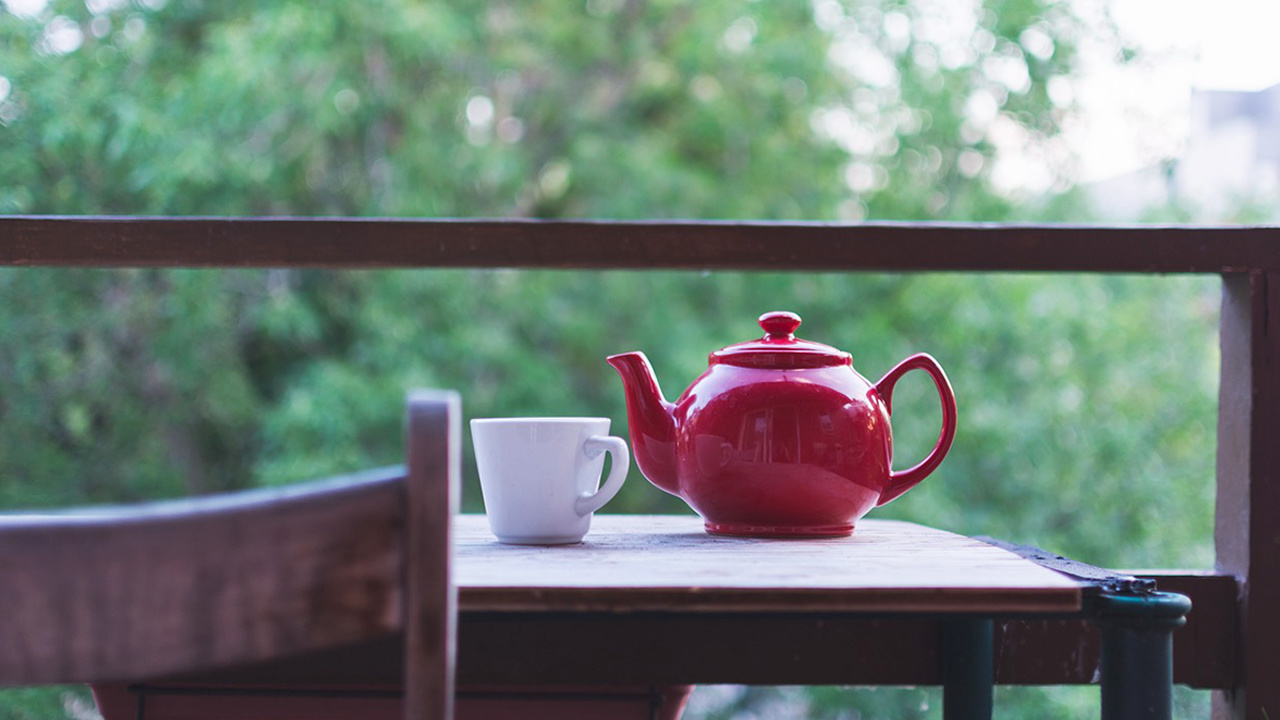

Pixabay
According to a 2017 report published in the journal Food and Chemical Toxicology, you shouldn’t drink more 300-400 mg of caffeine a day. In other words, roughly 2-4 cups of coffee.
With that said, everyone responds to caffeine differently. For some, a daily caffeine intake of 200 mg could be excessive—it all depends on your unique body chemistry. But how can you tell how much caffeine is too much?
First, what is caffeine?
Caffeine is a psychoactive stimulant found in coffee, tea, and cocoa that acts on the central nervous system. In addition to heightening alertness, caffeine also affects the cardiovascular and endocrine systems to elevate heart rate and boost stress hormones.
What are signs you’ve had too much caffeine?
Common signs and symptoms of consuming too much caffeine include:
- Dizziness
- Feeling “wired”
- Anxiety
- Increased thirst
- Frequent urination
- Rapid heartbeat
- Sweating
- Upset stomach
- Muscle twitching
- Irregular heartbeat
- High blood pressure
However, more serious complications like trouble breathing, confusion, fever, diarrhea, vomiting, and fainting may also occur. On rare occasions, hallucinations have been reported.
Finding Your Ideal Caffeine Dose
Regardless of age, weight, and caffeine source, some people are just more sensitive to caffeine than others. In fact, a sip or two of coffee can make some people jittery, anxious, and dizzy. Recommended doses are just rough guidelines at best, but they by no means apply to everyone. To find your ideal caffeine dose, you’ll have to experiment with different caffeine sources and gradually increase your dose until you achieve the desired effects.
Drink Slowly
With stimulants like caffeine, timing is everything. In other words, having one cup of coffee every four hours is much different than one cup of coffee every 45 minutes. Caffeine stays in your system for 4-6 hours, so consuming multiple drinks within this timeframe can have compounding effects.
Consider Your Body Weight
Some studies recommend that you don’t drink more than 6 mg per kg of bodyweight. According to one recent study, “[This amount] is not associated with negative effects of caffeine such as general toxicity, cardiovascular effects, effects on bone status and calcium balance (with consumption of adequate calcium), changes in adult behaviour, increased incidence of cancer and effects on male fertility.”
Consider the Time of Day
Given that caffeine can remain in your system for four to six hours, it’s important not to drink it too late in the day. In fact, drinking just one cup of coffee or tea too close to bedtime may make it hard to sleep.
A 2013 study published in The Journal of Clinical Sleep Medicine found that, “Caffeine taken 6 hours before bedtime has important disruptive effects on sleep and provides empirical support for sleep hygiene recommendations to refrain from substantial caffeine use for a minimum of 6 hours prior to bedtime.”
Take Caffeine with Energizing Foods
In order to help minimize the risk of caffeine overdose and maximize productivity, it’s best to rely on healthy foods as your primary energy source. Caffeine can be great for a quick pick-me up, but nutritional foods should serve as your foundation.
For example, wild-caught salmon and sardines are packed with energizing omega-3 fatty acids. These healthy fats provide slow-burning energy, fight inflammation, and boost cognitive performance. A 2014 study published in the journal Human Psychopharmacology found that omega-3s can boost brain performance in young adults. At the same time, a 2016 study found that omega-3 supplementation can improve memory in older adults.
Other foods that may boost productivity include:
- Broccoli
- Beets
- Eggs
- Almonds
- Dark chocolate
Dark chocolate is caffeinated, but it’s also an incredible source of magnesium, a mineral that studies show can enhance learning and memory while reducing anxiety. Plus, chocolate contains minimal caffeine and is unlikely to contribute to caffeine overdose.
Final Thoughts
Follow these guidelines for drinking caffeine:
- Drink at most 2-4 cups of coffee daily.
- If you feel like you still need more caffeine, drink tea instead.
- Stop drinking caffeine within six hours before bedtime.
- Don’t drink more than two caffeinated beverages within a 4-6 hour period.
- Use healthy food as your primary energy source and caffeine as an extra pick-me-up.
Excessive caffeine drinking can trigger undesirable side effects, including anxiety and confusion. However, moderate intake of coffee and tea can be an effective way to boost energy and increase productivity.
Caffeine 101 | National Geographic
www.youtube.com
- Coffee vs. Tea: Is One Healthier Than the Other? - EcoWatch
- 25 Healthy Breakfast Ideas for Kids - EcoWatch
- 12 Foods That Are Very High in Omega-3 - EcoWatch

 233k
233k  41k
41k  Subscribe
Subscribe 